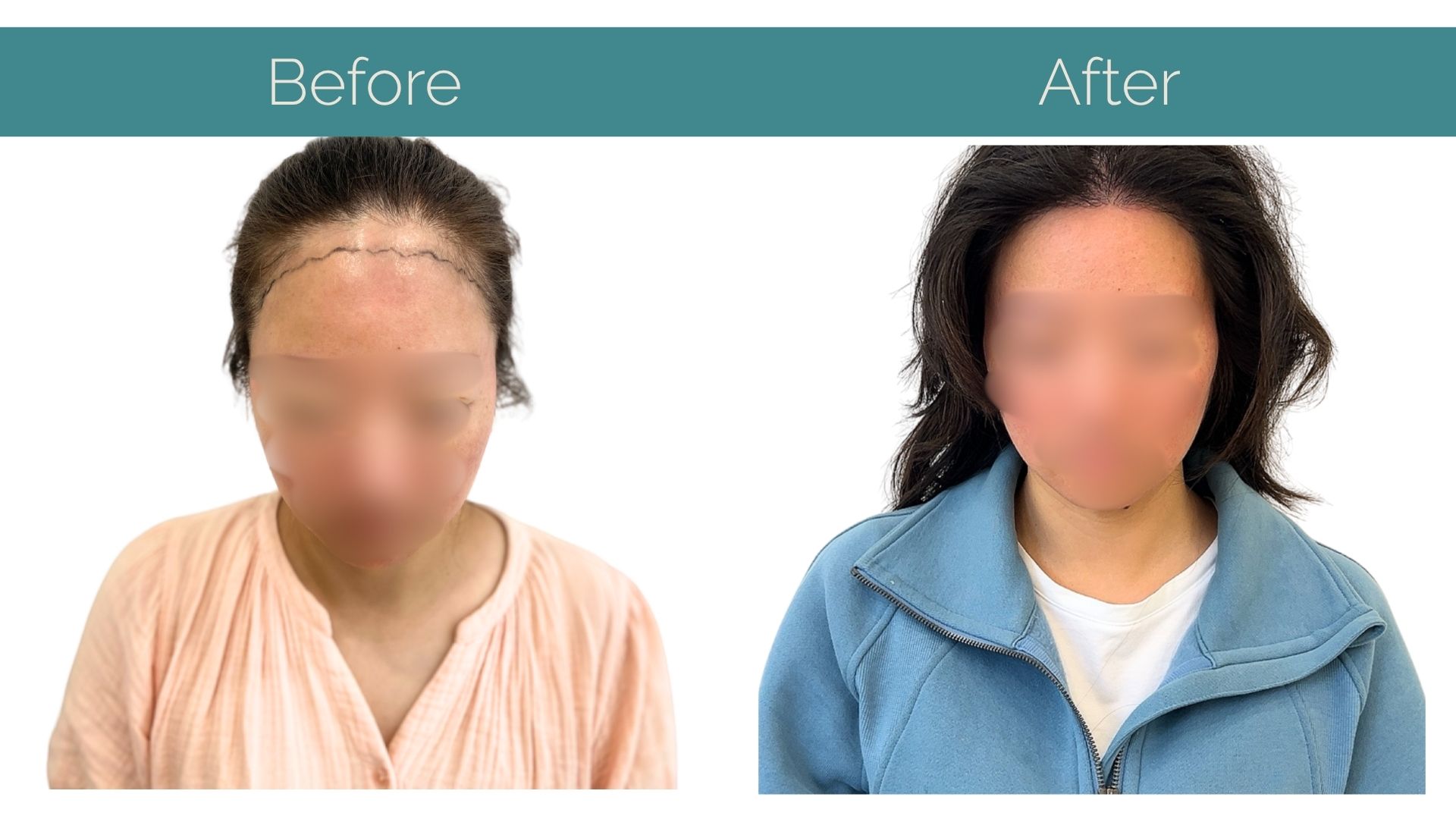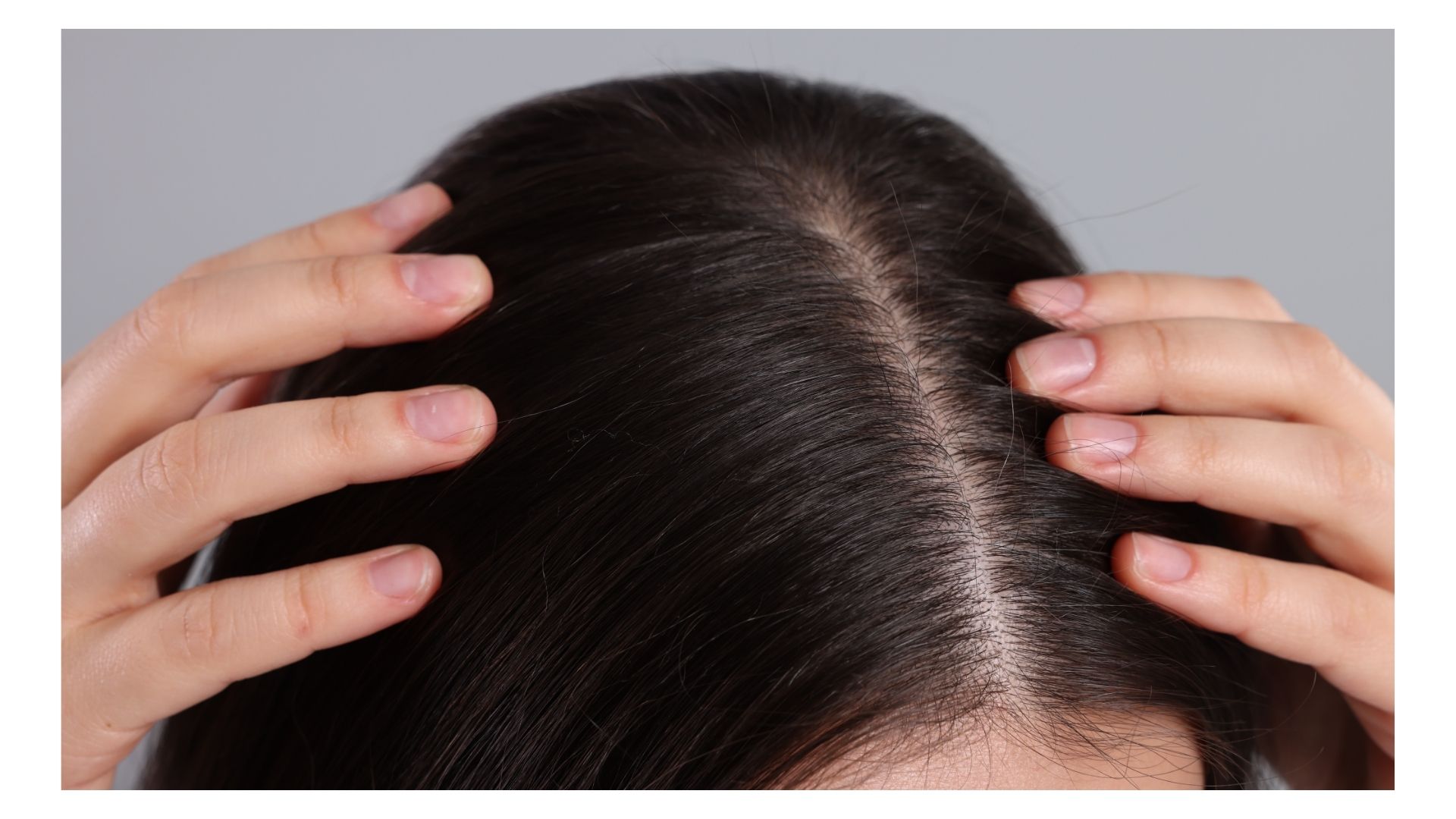In clinics and living rooms alike, the story is strikingly similar: what begins as a “cosmetic” change can ripple into confidence, relationships, work, and overall mental well-being.
This feature explores that journey with empathy and clarity – unpacking why hair matters so much, what the emotional terrain can look like, and how to navigate it with practical, compassionate strategies.
Why Hair Feels Like Identity
Across cultures and eras, hair has symbolised vitality, beauty, faith, rebellion, belonging – sometimes all at once. It is how people experiment with personality and signal moments of change: the post-exam cut, the wedding up-do, the “new job” trim.
When hair begins to thin, recede, shed in clumps, or disappear altogether, it can feel as if a core part of identity is slipping away. That reaction isn’t vanity; it’s human. Hair is visible, social, and laden with meaning.
Losing it can shake the sense of control people have over how they present to the world.
For some, the first instinct is to rationalise: “It’s a bad season,” “It’s the lighting,” “It’ll grow back.” But as patterns emerge – more scalp in the mirror, more strands on the pillow – the unease becomes harder to brush aside. What follows is rarely linear.
The Emotional Rollercoaster – And Why It’s Normal
The psychological response to hair loss spans a spectrum. Shock and denial often arrive first, especially when change feels sudden. Anxiety can follow – worry about how others will react, how photographs will look, whether colleagues or clients will notice.
Social invitations start to feel loaded; everyday interactions can bring a low hum of self-consciousness.
Self-esteem may dip, particularly in societies that prize youthfulness and glossy health. Some people describe feeling less attractive, less vibrant, or less “like themselves”. For others, hair loss coincides with existing pressures – parenthood, job insecurity, health issues – making sadness or low mood more intense.
None of this means something is “wrong” with you. It means something important has changed, and your emotions have noticed. Recognising that reality is the first step out of isolation.
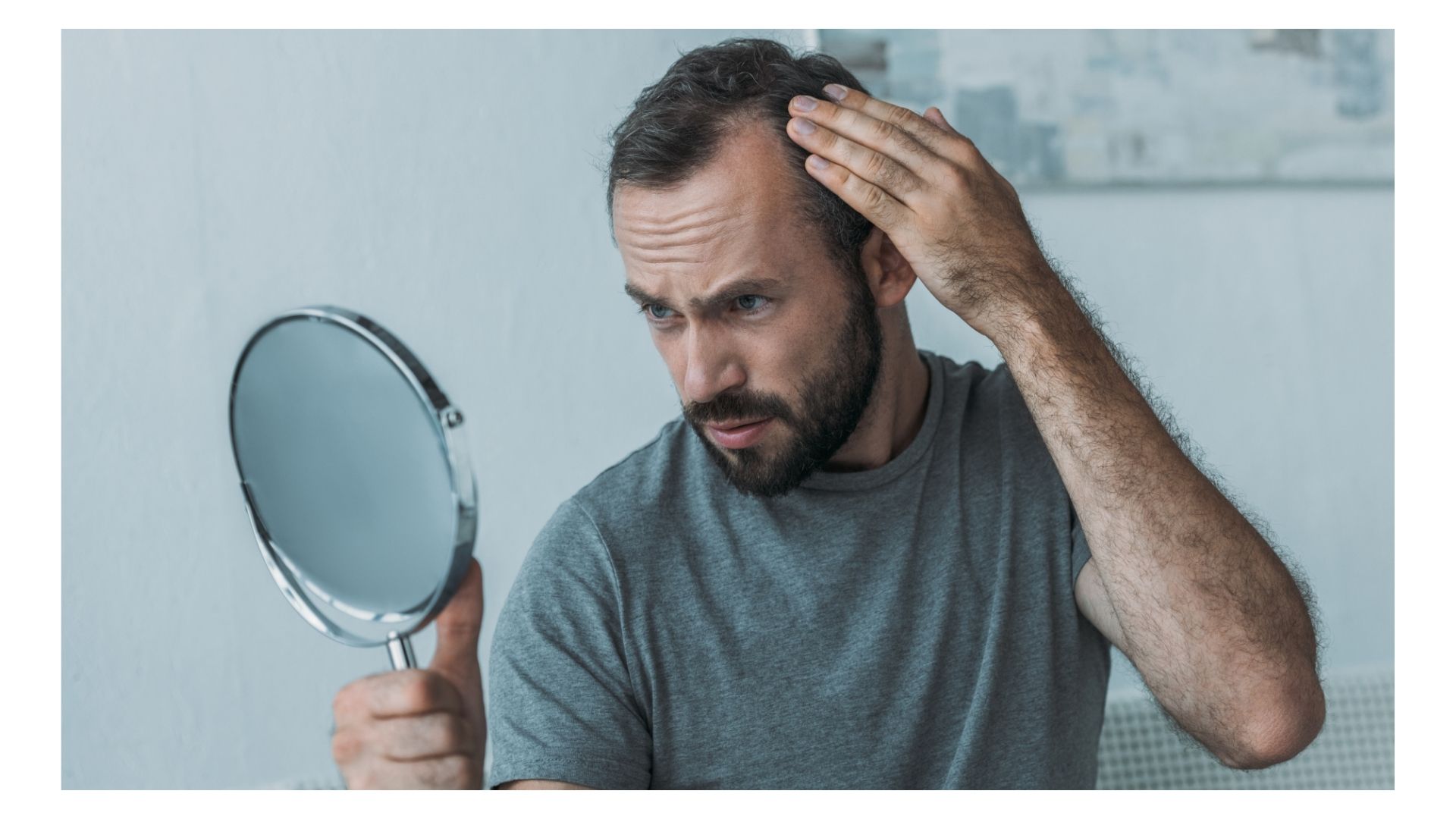
How Hair Loss Echoes Through Daily Life
The impact is often practical as well as emotional. Wardrobes shift to include hats and scarves; morning routines lengthen to finesse styling or camouflage. Gym classes, dates, and holidays inspire questions about pools, wind, lighting, and cameras.
Some people quietly step back from social plans, telling themselves they’re “too tired”, when in truth they’re bracing for scrutiny – real or imagined.
Work can feel different too. Individuals in leadership or client-facing roles sometimes worry their authority or credibility might be undercut, despite no change in their skills. Video calls can amplify these concerns – few angles flatter, and the self-view window can become an unkind mirror. Left unspoken, these apprehensions can take up significant mental bandwidth.
Relationships aren’t immune. Even in secure partnerships, hair loss can spark worries about desirability. The key point: the strain often stems less from a partner’s opinion and more from an internal narrative that has turned critical and unforgiving.
Reframing the Story Without Minimising the Pain
Helpful support starts with accurate language. Saying “it’s only hair” may be well-meaning, but it trivialises genuine distress.
A better approach is to validate the feeling – “This is hard; it makes sense you’re upset” – and then widen the frame. You are not your hair. You are your humour, your competence, your kindness, your craft, your relationships, your history. Hair is part of your picture, not the whole portrait.
Cognitive behavioural techniques can assist here. Notice the thought (e.g., “Everyone will judge me”), examine the evidence, and test a gentler alternative (“Some might notice, but most are focused on themselves; the people who matter care about me, not my hairline”).
Over time, this practice softens catastrophic thinking and makes social life feel safer again.
Practical Ways to Regain a Sense of Control
Small, deliberate choices help rebuild confidence. A consultation with a skilled barber or hairstylist can yield cuts that work with, not against, changing density. Experimenting with textures and lengths, adjusting partings, and learning low-stress styling techniques can reduce daily friction.
For some, buzz cuts or clean shaves feel unexpectedly liberating – tidy, intentional, honest.
Others explore toppers, wigs, or headwear, discovering styles that feel authentic rather than concealing. Modern options are light, breathable, and varied enough to match different identities – from corporate sharp to artsy and expressive. Scalp care, gentle products, and reduced heat styling protect what remains and soothe the skin, which often calms the mind.
If you’re considering clinical routes – medical therapies, in-clinic treatments, or surgical solutions – seek reputable, evidence-based advice. An ethical clinician will discuss expectations candidly, explain timelines, share risks and benefits, and give you space to decide.
The aim isn’t to chase a fantasy, but to choose from real options with a clear head.

The Power of Connection: Talking Helps
Silence amplifies shame; conversation dilutes it. Confiding in a trusted friend or family member can interrupt the spiral of self-criticism.
Saying out loud, “I’m struggling with my hair loss,” often brings relief and practical help – someone to accompany you to a consultation, to offer perspective when a photo feels harsh, to remind you that your value hasn’t budged.
Peer support – online communities or local groups – can be transformative. Swapping tips, normalising fears, and seeing people one step ahead in the journey creates hope. Professional support from therapists or counsellors provides structured space to process grief, challenge unhelpful beliefs, and rehearse new coping strategies.
If low mood, anxiety, or avoidance start to disrupt sleep, work, or relationships, that’s a timely moment to reach out.
Acceptance Is Not Surrender
Acceptance is frequently misunderstood as giving up. In reality, it’s the opposite: it’s choosing peace over perpetual battle. Acceptance acknowledges reality (“My hair is changing”) and frees energy for what you can influence – your style, health habits, mindset, and the places you invest attention.
Many people describe a quiet turning point: the day they step outside without a hat and discover the world keeps spinning; the day they shave their head and feel oddly powerful; the day they realise the people who matter have not changed their behaviour at all.
Self-compassion is the glue here. It asks you to treat yourself as you would a friend in the same situation: with patience, warmth, and humour. It makes space for grief without letting it dominate every room.
Stories That Change the Script
Public figures who have embraced hair loss – athletes, actors, entrepreneurs – help widen the definition of what confidence looks like.
But the most potent examples are often closer to home: a colleague who rocks a close crop; a relative who owns their new look with flair; a friend who goes through treatment and models courage without performance. Their message is not that hair loss doesn’t matter; it’s that self-worth stretches far beyond it.
Collecting your own “evidence of okayness” helps: photos you like, compliments you believed, moments you forgot to think about your hair because you were busy living. These are not trivial – each is a stitch in a sturdier self-image.
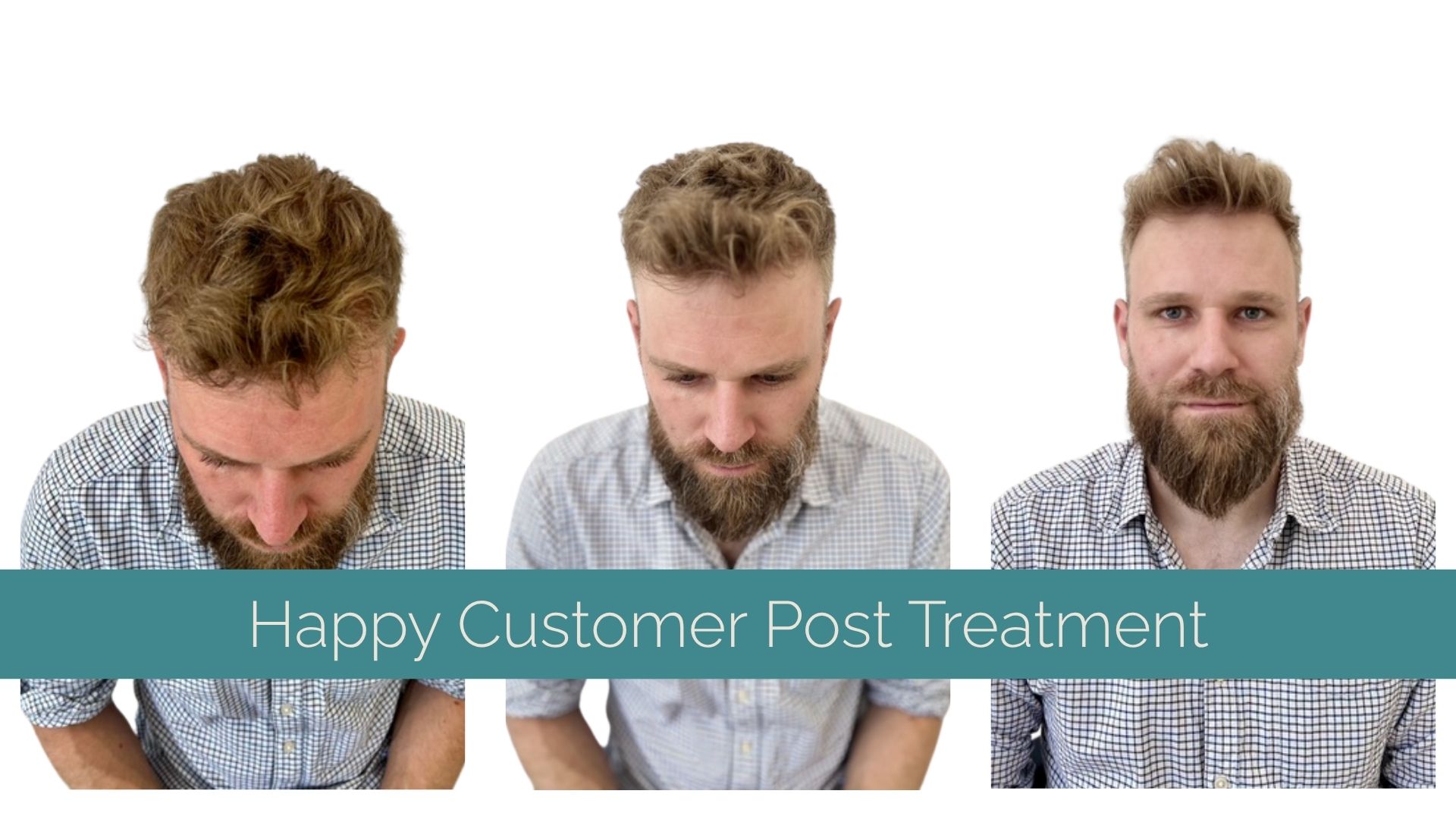
When Professional Help Is the Right Next Step
If the emotional load grows heavy – persistent sadness, panic in social settings, compulsive mirror-checking or avoidance, tension with partners – professional mental health support can be life-enhancing.
Therapists can teach grounding skills, body image resilience, and practical tools to re-enter situations you’ve been avoiding. Your GP can advise on medical aspects or signpost specialist services.
Combining psychological support with thoughtful aesthetic or clinical choices often yields the most sustainable, feel-good results.
Moving Forward With Confidence (On Your Terms)
There is no single “right” way to live with hair loss. Some people pursue treatment and find renewed comfort; others embrace the change and never look back; many do a bit of both over time.
What matters is agency. Choose what serves your well-being rather than what appeases a passing glance or a critical inner voice.
Rebuild routines that support you: sleep, nutrition, movement, social time, creativity. Invest in clothes or accessories that make you feel sharp. Curate your digital environment – unfollow accounts that provoke comparison; follow those that celebrate diversity in age, health, and appearance.
Notice the moments when laughter returns quickly and decisions feel light again. They’re signs the journey is bending towards ease.
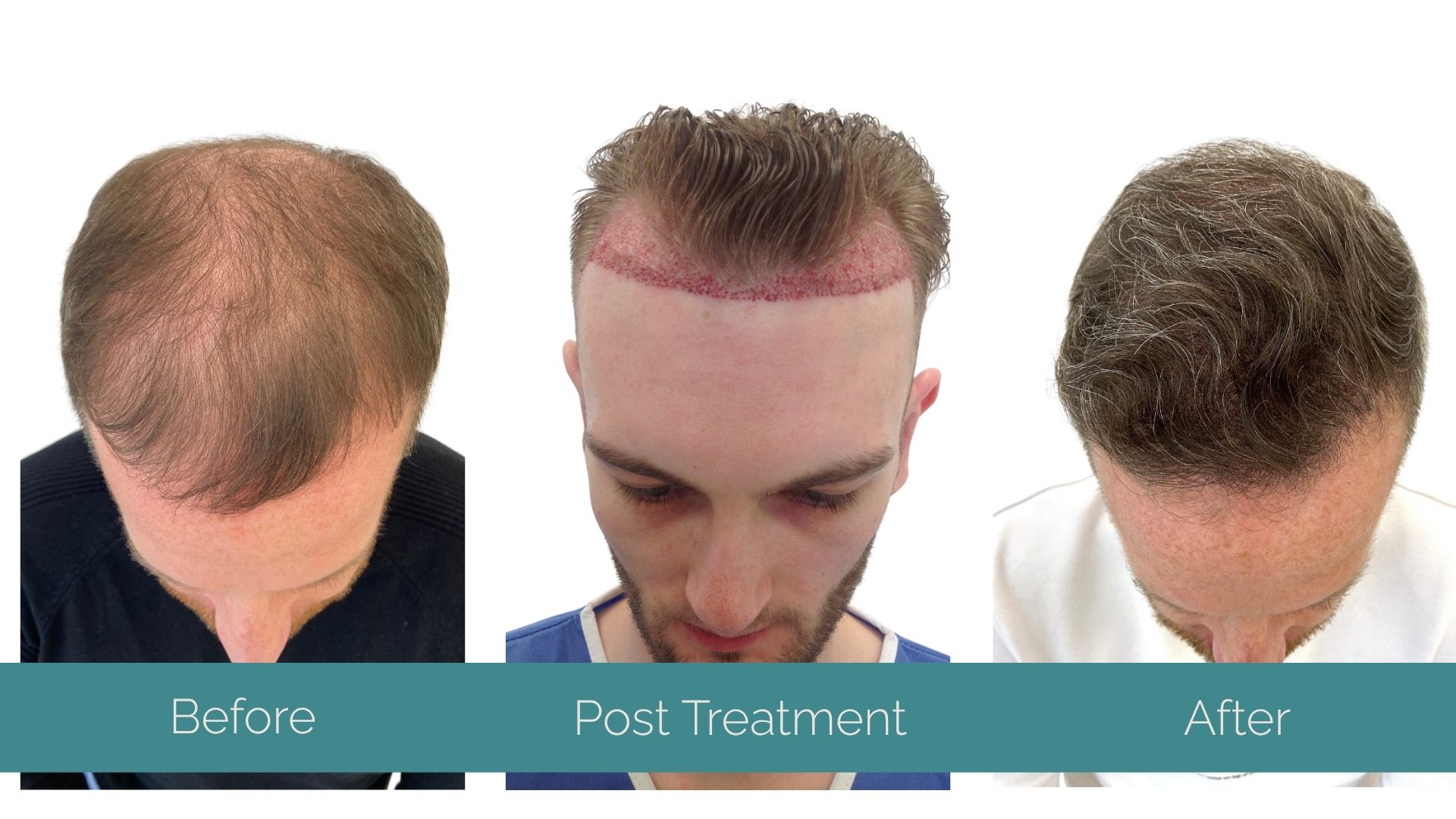
The Takeaway
Hair loss can begin as a change in the mirror and end as a deeper lesson in self-regard. It may trigger shock, worry, or grief – but it can also reveal resilience, prioritise what matters, and sharpen the understanding that identity is bigger than any single feature.
With honest conversation, practical support, and a kinder internal narrative, most people find their footing – and, in time, a style and confidence that feel wholly their own.
About IK Clinics
At IK Clinics, we’re not afraid to say that we’re proud to lead the way. Our expert team, advanced technology, and commitment to patient care ensure you get the best experience from start to finish.
What’s more, we offer a range of services in hair restoration, like FUE, Stem-cell and Plasma Therapy, along with various anti-aging treatments. Get in touch to find out more or book a consultation.

